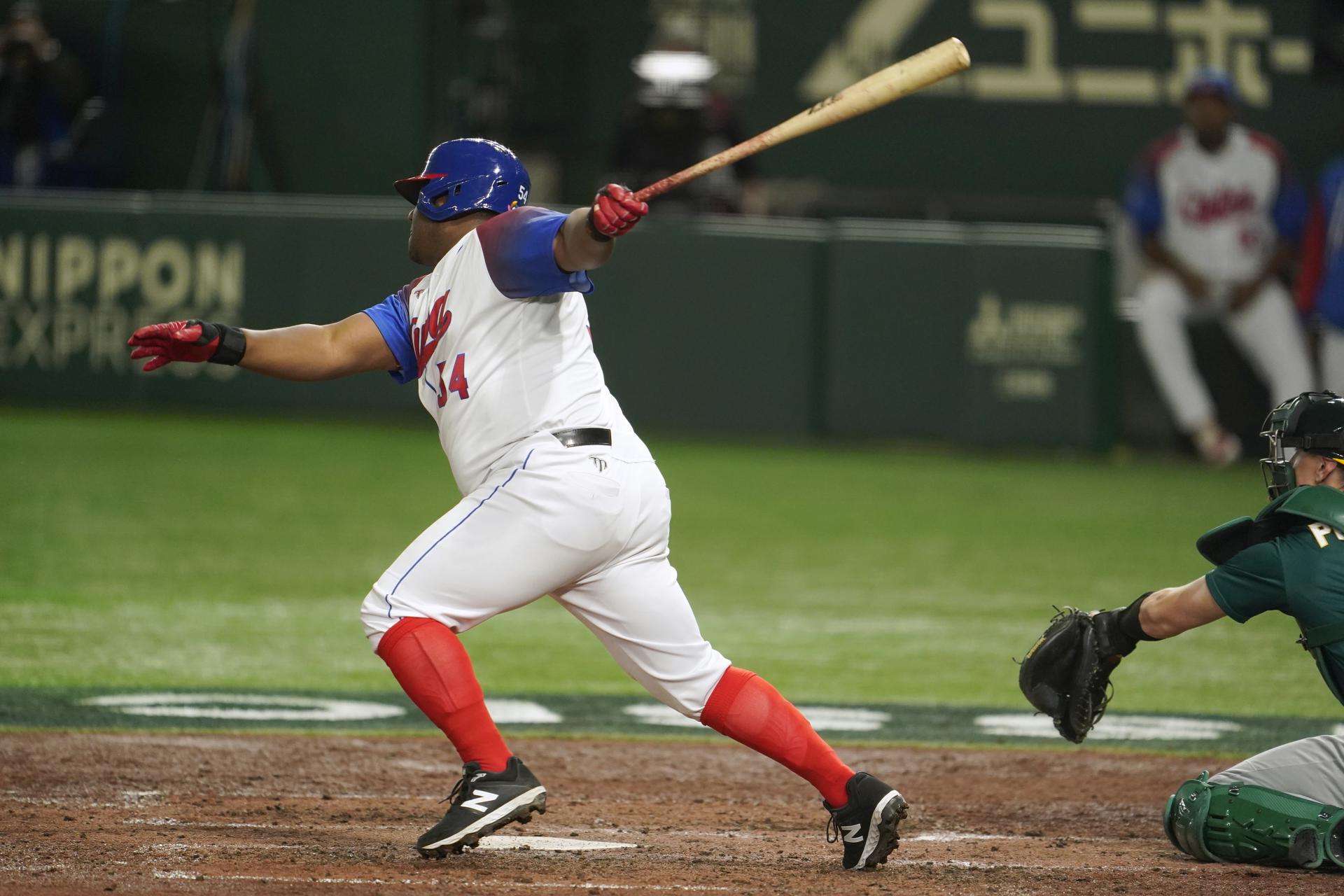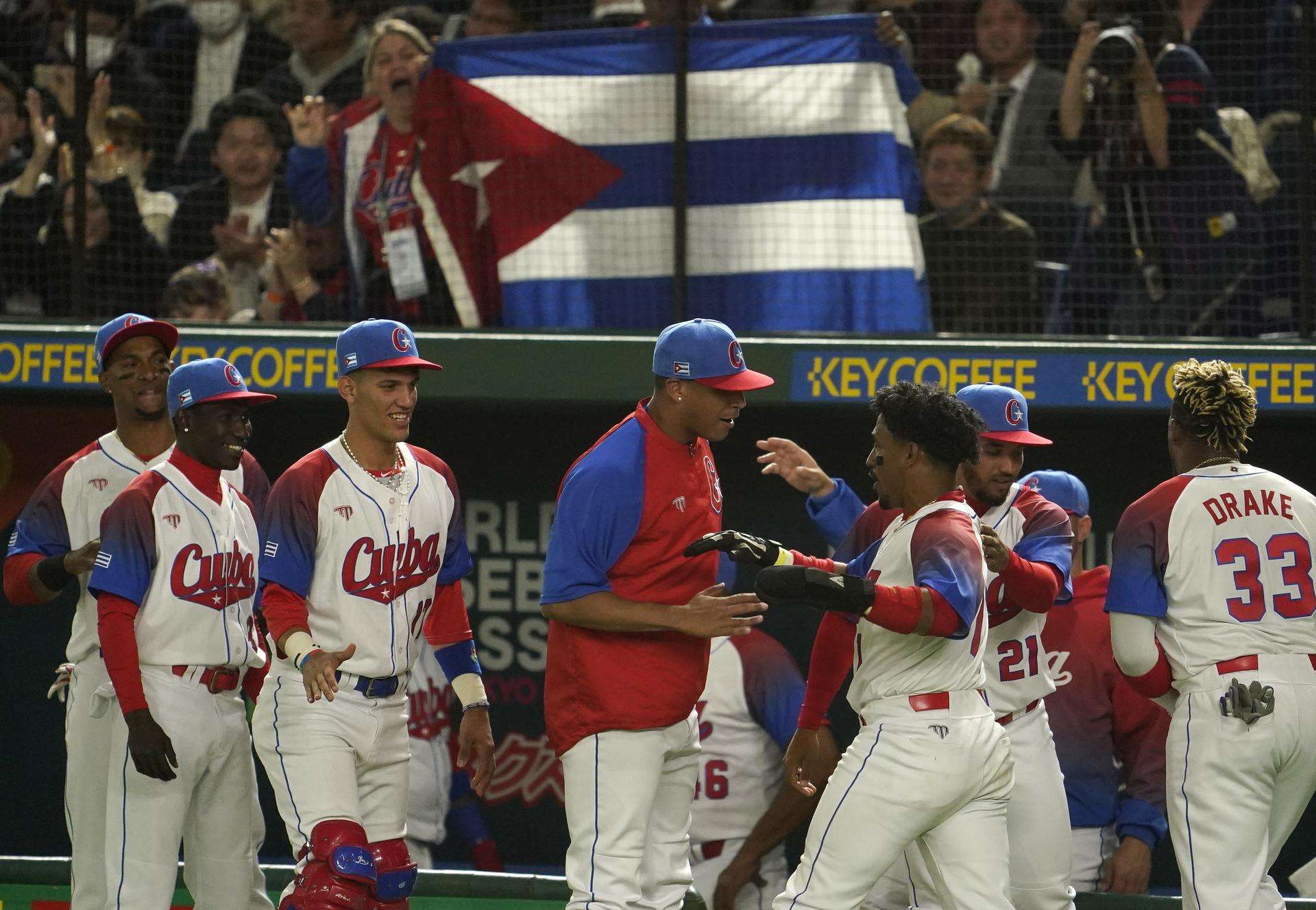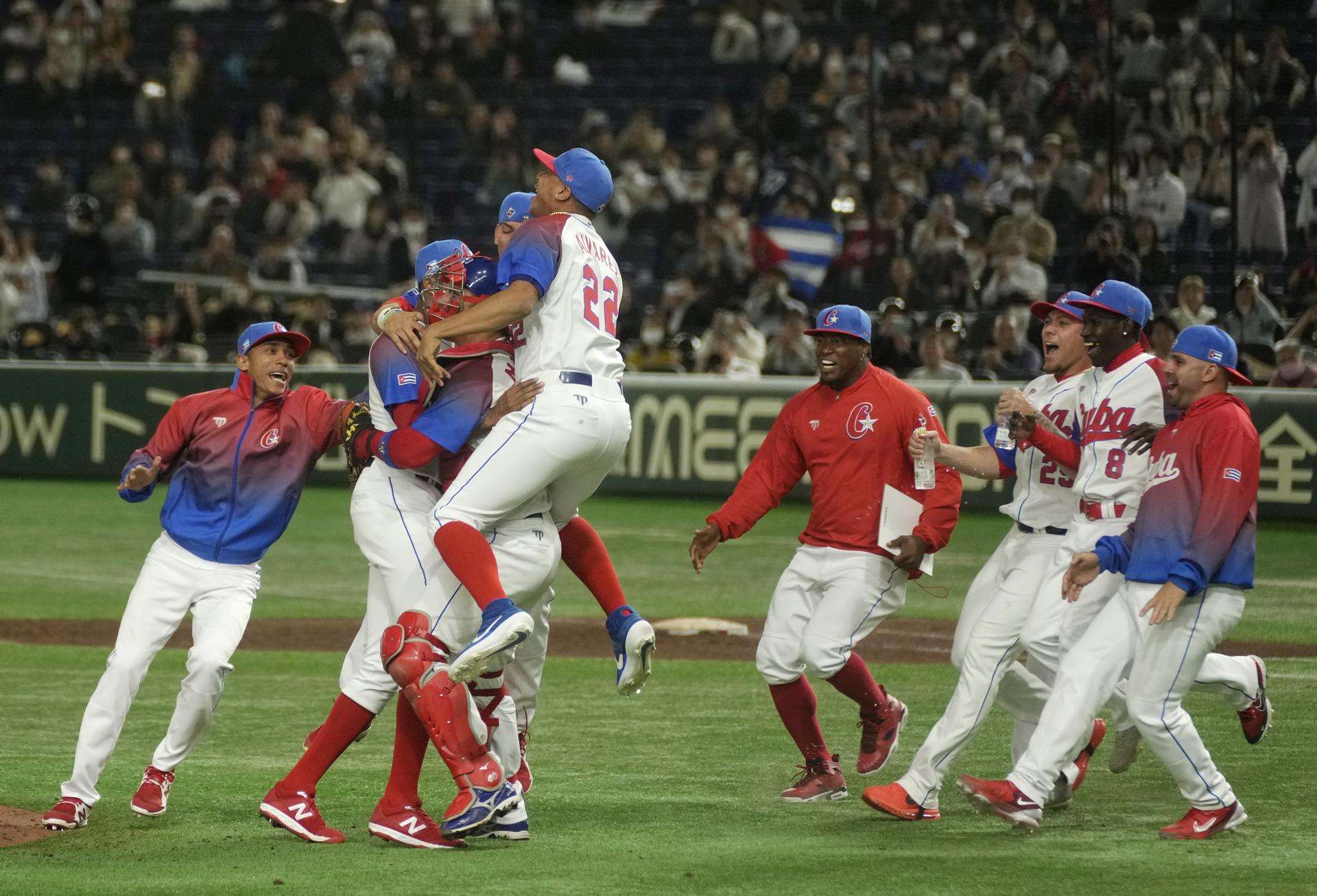Do you also sing the outs in a ball game? Although it may seem routine, it is not easy to yell 27 times, or 90 if you count each time a strikea foul, or when the pitchers on your team make a defiant gesture. The normal thing is to celebrate the hits or the races, which are less and more exciting; but in particular, I enjoy more with the fleeting successes of the serpentineros.
Perhaps that is why I received a greater dose of suffering in the life-or-death clash between Cuba and Australia in the quarterfinals of the fifth World Classic, in which the Antillean pitchers, with the baseball gods on their side, emerged afterward. of walking on the yarn in multiple passages.
Back in Tokyo Dome, the scene of untold tragedies, it wasn’t supposed to be like this. Although the Australians had hit with ease in their previous duels, the Cuban pitching arrived with his main arms rested and ready to devour innings to the rhythm of a conga.
However, the punch, the perfect ally of the kings of boxing, more than once refused to fall, against an extremely patient batch.
Australia led the Cuban pitchers to the path of attrition, squeezing the shifts to the maximum with an exquisite selection of pitches. The most evident example is that the right-hander from Camagüey Yariel Rodríguez, a strikeout by nature, led several opponents straight to the abyss; but his rivals had enough serenity to survive in 2 strikes and flip the counts until getting 5 walks.
With that road map, they managed to get shipments and more shipments from Rodríguez and, incidentally, sow a disturbing feeling of insecurity in the millions of souls of Cuban fans. In the second episode, they broke the cellophane by combining power and cunning, with a touch of sacrifice included, more typical of the most conservative manual than of the aggressive style of the aussies.
Later, in the fourth, they made Yariel desperate, who did not find the formula to close 2 shifts that seemed liquidated. The Australians negotiated a pair of tickets in counts of 3 balls and 2 strikes and decreed the explosion of the man who aimed to be the workhorse of the Japanese night.

But Cuba did not summon professionals who emigrated to the Classic for the simple fact of breaking a myth. The idea, from the beginning, was to give us back the ability to compete in the highest level scenarios. Perhaps the clearest example is reliever Miguel Romero, a man who has wandered through the Minor Leagues and managed to come to MLB like a ghost, because he never had the opportunity to debut.
El Clásico has been his perfect showcase. Probably now in Oakland they take him into account for more demanding challenges. In Tokyo, as in Taichung, he again showed composure to get the important outs. With astonishing ease, he got two outs in the fourth inning as the Aussies went for the jugular, then finished off the fifth to make way for the artillery.
If we can tell the story of the game through the pitch performances, it is because the Cuban offense, since the duel with Panama, has conveyed a lot of confidence. The island’s hitters, for the first time in a long time, have managed to produce from behind and come back from behind in two of the last three games. Against the Australians, they produced four races with prominence from the top of the lineupwho wrote them all down.

Roel Santos, Yoan Moncada and Luis Robert were the cavalry, led by Alfredo Despaigne and Yoelkis Guibert. He slugger From Granma, supported by thousands of Japanese fans who have suffered and enjoyed his hits in the Japanese league, broke the tie on the scoreboard with his twentieth trailer in the World Classics, second in the historical list behind the immortal Frederich Cepeda.
Later, Guibert, the rookie, showed that hot blood runs through his veins. In the fifth inning, with the bases loaded and one out, when everyone was calling for a pinch off the bench, the indomitable hit an 87-mile sinker and unleashed a rocket to right that shot 93.2 miles from his bat.
Moncada scored from the third, Robert doubled for the third and with him a whole tide of fans who once again became excited about returning to baseball’s elite, at least for a few moments. Two runs, difference of 3 (4-1) on the scoreboard and direct tickets to Miami waiting, although the final passes on board were withheld, because Australia was not going to give up so easily.
Rixon Wingrove, a stocky, scowl-faced first baseman, homered off Roennis Elias to make it 4-3 in the sixth. Our hair stood on end, but that was just a feint, very typical of Australians, who in the last 30 years have given us several heart-stopping games that in the end always, or almost always, end up losing.
The proof? From 1993 to date, we have faced each other 17 times in World Cups, Olympic Games, Intercontinental Cups, Premier 12 and World Classics, with a balance of 16 victories and only one defeat.
Perhaps Elías was not aware of this devastating information, but he did not need it. The Guantanamo, World Series champion and Major League pitcher for almost a decade, showed his hierarchy, recovered and gave the game an advantage to the star relievers.
Liván Moinelo and Raidel Martínez, also fighting against the exhausting patience of the Australians, were in charge of getting the last 6 outs, 4 of them by way of the strikes. Suddenly, the Cuban players were in the center of the Tokyo Dome, with flags, celebrating, jumping, shouting. Meanwhile, on the other side of the world, Cuba woke up screaming with each out, with each run, with a victory from another era.
Follow the coverage here OnCuba:



















